I'm not convinced Nothing has what it takes to become something
Much ado about Nothing phone (1)
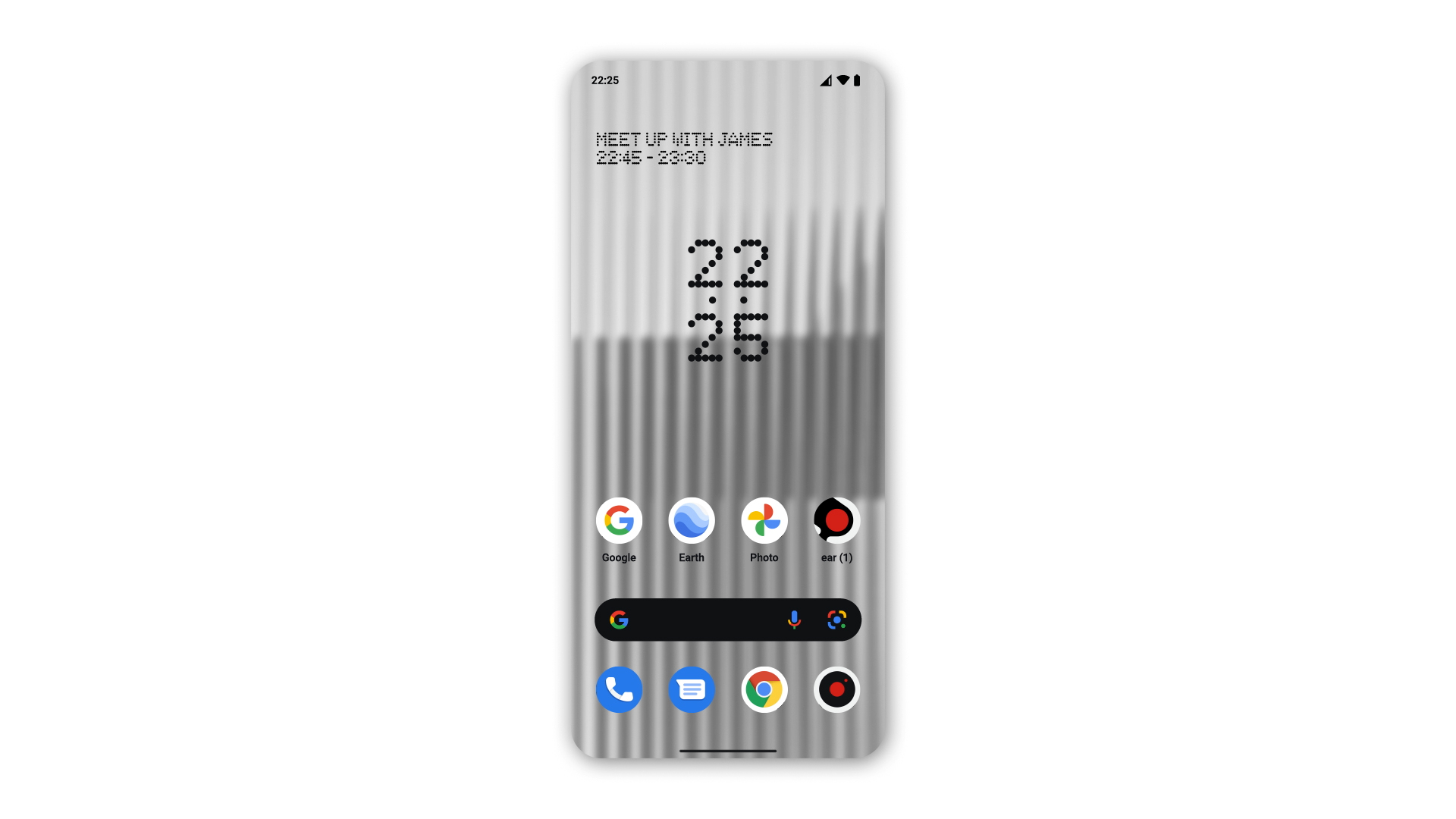
After months of rumors, nothing CEO Carl Pei announced that the company is, in fact, launching a smartphone soon. Not much is known about the Nothing phone (1), but we do know that it will run Nothing OS, which Pei envisions as the center of its new open platform.
During the announcement, Pei talked about how he wants to create an ecosystem similar to what Apple has done with its products. However, he wants its ecosystem to work with more than just its own devices, giving users the option to choose. But while Apple might be Nothing's target, it may not actually be that deep. And Nothing may have a hard time squeezing itself into an already crowded space.
Who is the real competition here?
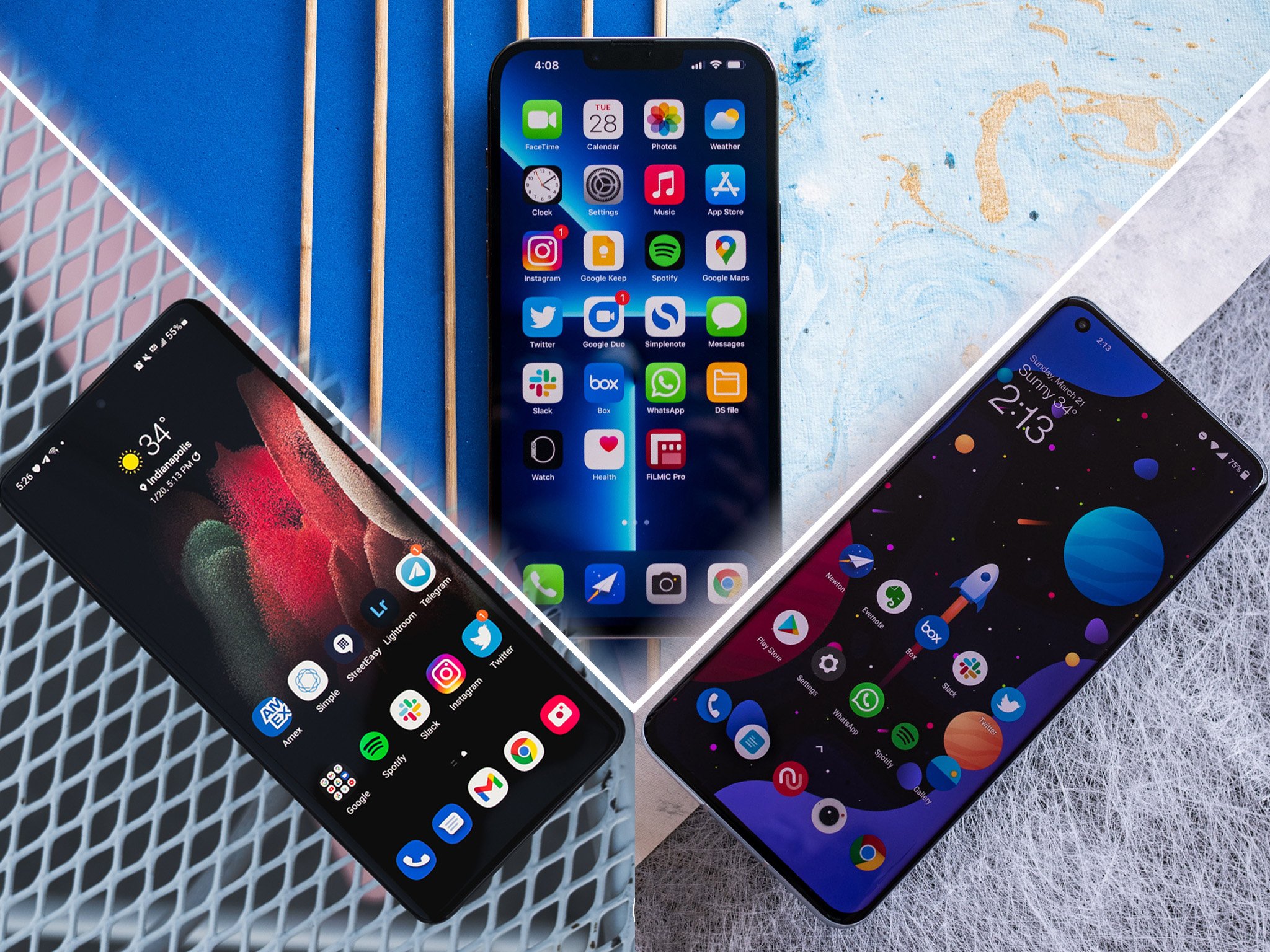
Because frankly, it's not Apple. Carl Pei seems to talk big game by mentioning Apple, but that's because a company that's still trying to get on solid financial footing needs to hype itself (and everyone else) up for the Nothing phone (1).
During Nothing's "The Truth" event, Pei discussed his grand vision for an open ecosystem of devices with Nothing OS at the center of it all. His approach would include devices outside of Nothing's own hardware — a contrast to Apple's "walled garden," where Apple controls the hardware and software experience. That sounds exciting, but Nothing isn't exactly the first Android OEM to challenge Apple, and an "open ecosystem" isn't exactly a novel idea in the Android space.
There's no alternative to Apple. This means that consumers don't have a choice, and innovation slows down. And that's not right.
Carl Pei, Founder and CEO of Nothing
Anshel Sag, a senior analyst at Moor Insights & Strategy, says that Nothing has a way to go before its "open ecosystem" will be a match for anyone, especially Apple. "Ecosystem approaches take time to build, and it's important to build them on a strong foundation," Sag says. "So the first few products are the most important, and keeping those core products consistently good is also key." He says it would take more engineering talent to create a robust ecosystem beyond smartphones and wearables, but he imagines a smartwatch could be next up.
Sag also says that Nothing wants to create a direct comparison to Apple, which is known for having a robust ecosystem of devices that work more seamlessly together than other Android OEMs. However, Nothing won't be able to escape the Android comparison. "It feels like that approach is more Xiaomi-like than anything since they sell many products that aren't actually made by them within their ecosystem." This open ecosystem approach has worked well for Xiaomi, which is one of the largest Android OEMs, particularly in China.
Jitesh Ubrani, research manager for IDC's worldwide device tracker, agrees that Nothing's approach isn't exactly unique and that having any sort of scale similar to Apple's is more of an aspirational goal than anything. "In fact, many Android vendors are already doing this, but my guess is that Pei doesn't want Nothing to be listed amongst the numerous Android brands when his company can be mentioned in the same sentence as Apple."
Be an expert in 5 minutes
Get the latest news from Android Central, your trusted companion in the world of Android
Then there's the Samsung approach. Samsung has essentially built itself up as the Apple of the Android space. Outside of tech enthusiasts, you'll likely hear direct comparisons between Apple and Samsung. "Do you have an iPhone or a Galaxy?" is often how the question is framed, highlighting Samsung's dominance as the Android brand, and Samsung has banked on this with its own ecosystem of devices under the Galaxy moniker.
Galaxy smartphones, tablets, smartwatches, and even Windows computers all work well together, and Samsung has continued to cook up more ways to make its devices work seamlessly across the brand. This may not be the route that Pei wants to go, but it has proven to be a winning formula for both Apple and Samsung, and likely to the dismay of Pei, Nothing will more likely be compared to the likes of Samsung — and especially OnePlus — before anyone really mentions Apple in the same sentence in any way that matters.
Nothing can find it's place... if the price is right
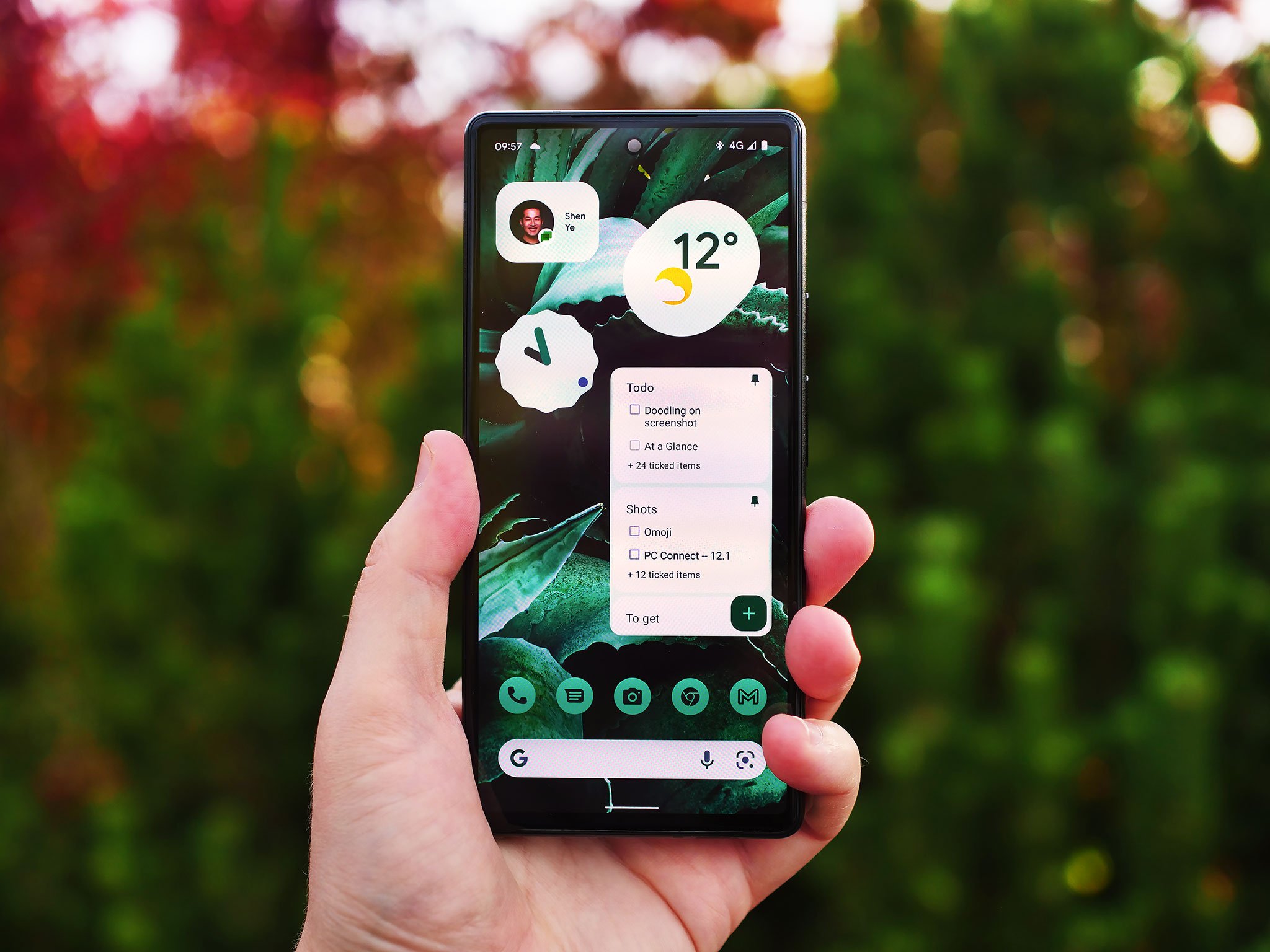
Of course, the OnePlus comparisons could work in its favor. Having co-founded the company, Pei knows a thing or two about starting a business in this industry. OnePlus may have had a shaky start with limited invite-only launches, but the questionable system managed to grow the hype around its phone. Additionally, the company banked on its community-driven approach of launching "flagship killers" that were much cheaper than the competition. It even went straight to its community members for ideas on what features they would like to see in future software releases.
As we know, OnePlus has seemingly abandoned its affordable flagship approach in favor of not-so-affordable flagships like the new OnePlus 10 Pro, but this could provide Nothing with enough room to squeeze itself into an already crowded Android space.
There's a gap in the U.S. smartphone market that Nothing could fill with something.
My colleague Shruti Shekar postulates that "affordable flagships" have been pushed out of the picture when it comes to the North American smartphone market. She spoke to Neil Shah, the vice president of research at Counterpoint Research, who told her that Apple and Samsung are largely responsible for pushing for higher prices. At the same time, anything remotely affordable is strictly midrange.
"This dichotomy exists because of the earning distribution of the U.S. demographics and how carriers are positioning and selling more premium handsets to drive [Average Revenue Per User] in postpaid and for prepaid it's more about getting more cost-conscious demographics to use affordable mid-to entry-tier phones and plans," he says.
While that might be true, it gives Nothing a chance to bring back the "flagship killer" that OnePlus once was and launch one of the best budget Android phones of 2022. Ubrani says that while he doesn't expect Nothing to have a meaningful share in the global smartphone market, "in certain markets and more importantly in certain channels, they could be a huge hit if the price is right."
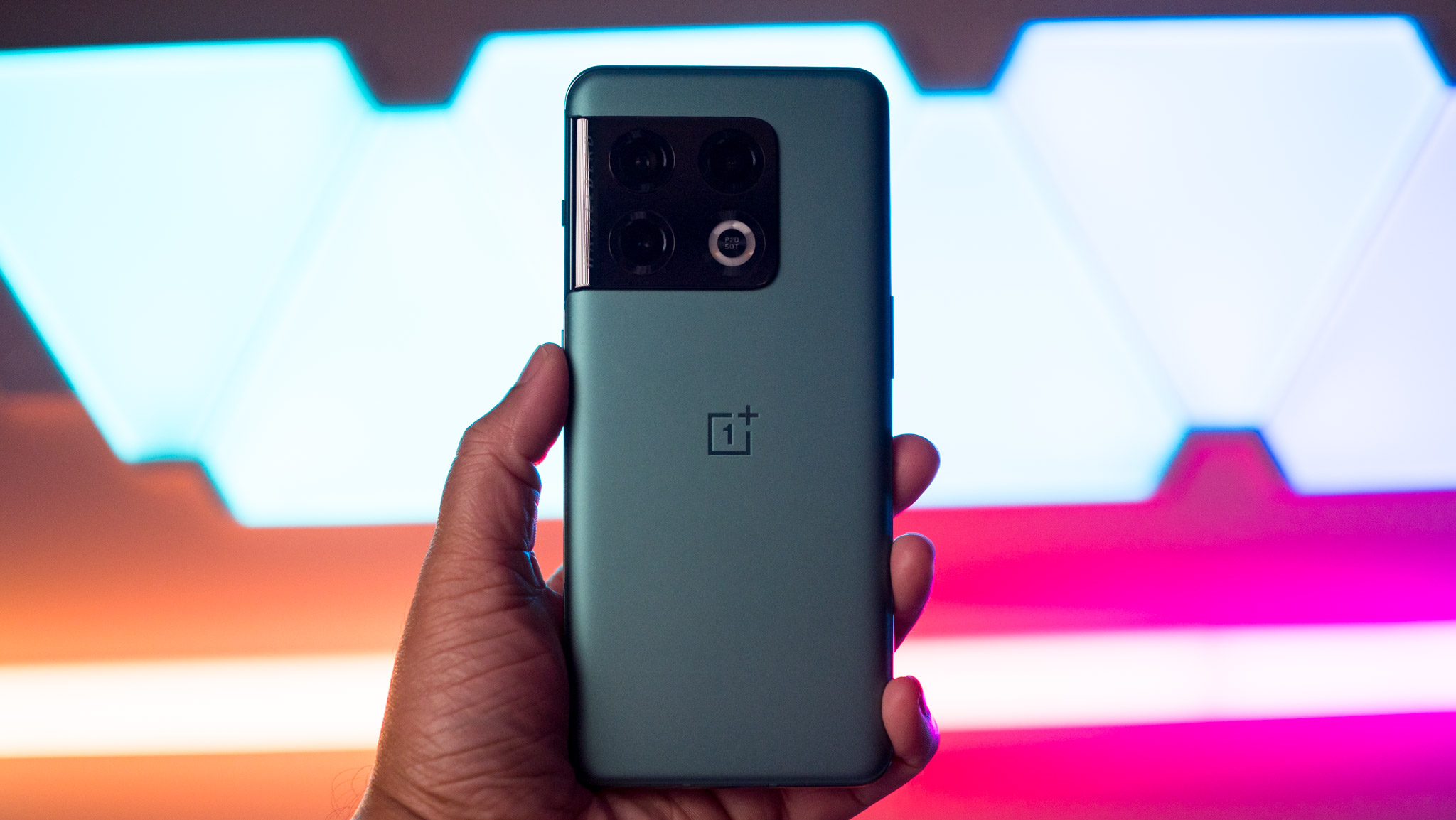
Not to mention, with Nothing getting fans involved early on with community investment rounds, Pei is hooking in on the community aspect of the company in a way that could differ from OnePlus. After all, as Sag points out, OnePlus "was always an OPPO brand," but on the other hand, Nothing is "an independent brand owned by the fans (in theory)."
Ubrani says that Nothing's OnePlus-like focus on the community could ultimately help speed things along, although he warns that it could also hurt its efforts. "One of the biggest reasons OnePlus has dedicated fans is due to the community they have cultivated over the years. Having fans invest in the company goes a step further as Nothing could perhaps start with more stable financial footing than OnePlus in the early years."
"On the other hand, this could end up being a cautionary tale as many consumers have learned more about investing in the last few years than ever before, so if Nothing isn't transparent enough or doesn't perform well enough, they could face quite a bit of backlash."
Ride that hype train to nowhere
It's clear that Nothing has a way to go before it makes a clear dent in the mobile industry. However, we have yet to see an actual phone, and we still have much to learn about Nothing OS and Pei's open ecosystem. And who knows, Nothing could surprise us all with something truly compelling and grow into the OnePlus that we wish was still around.
Nothing recently faked us out on April Fools' Day with a teaser for Another (1), a phone that's "exactly the same as everything else." The company leads us to believe that Nothing phone (1) will be unlike other smartphones out there, but just how unique could the actual device be beyond maybe sporting a transparent design and some stylistic widgets?
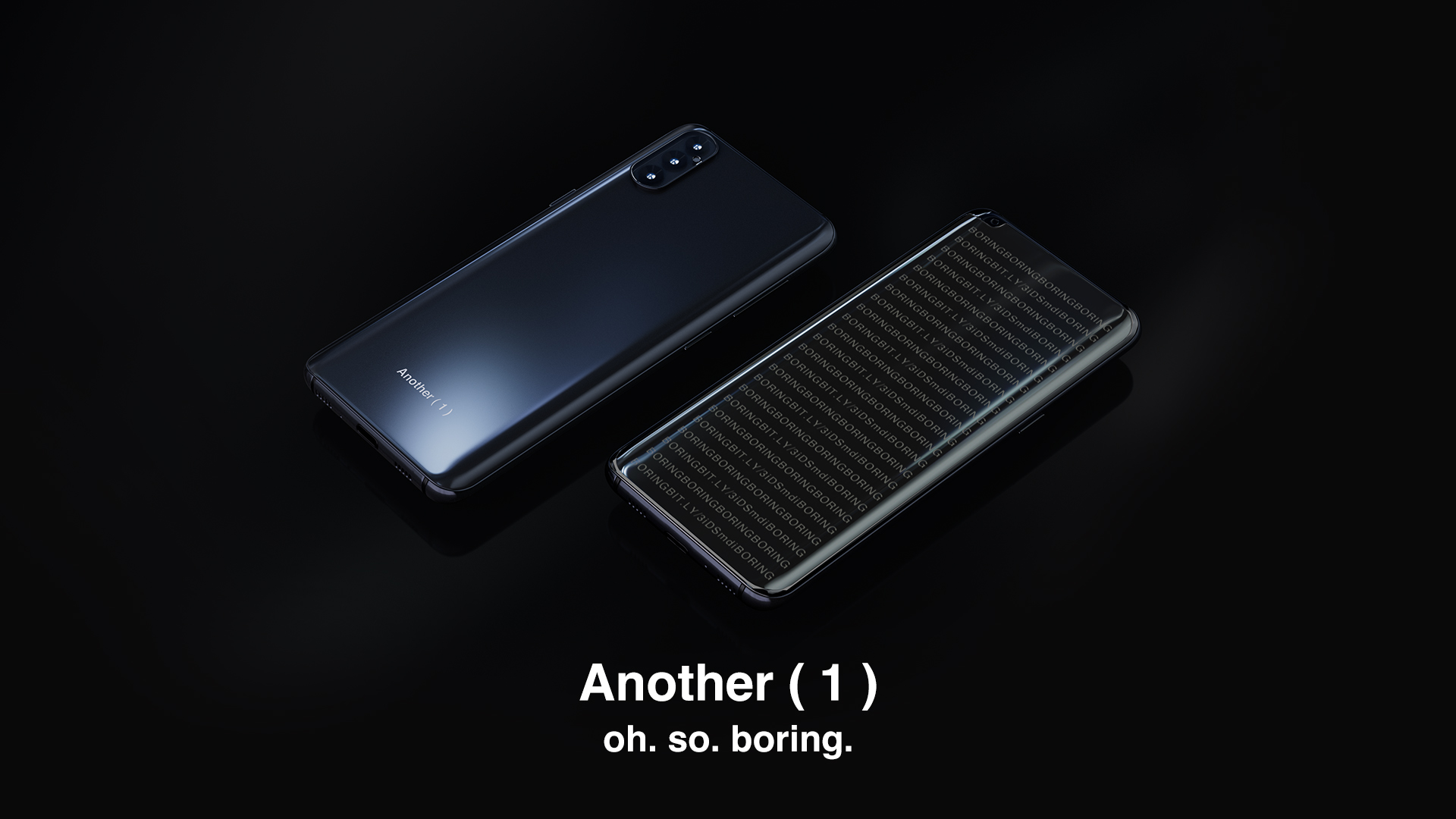
Nothing's ecosystem could fall apart if the first-party products behind it aren't compelling enough, and that's a tall order for a new smartphone brand in 2022. I don't pretend to have all (or any) of the answers, but so far, I'm not convinced that Nothing can really amount to anything. That said, I hope that Nothing can deliver and make something of itself, particularly in the U.S. market where one of the biggest players is now out of the picture (LG), and its "replacement" can't seem to get it together (ahem, Motorola).

Derrek is the managing editor of Android Central, helping to guide the site's editorial content and direction to reach and resonate with readers, old and new, who are just as passionate about tech as we are. He's been obsessed with mobile technology since he was 12, when he discovered the Nokia N90, and his love of flip phones and new form factors continues to this day. As a fitness enthusiast, he has always been curious about the intersection of tech and fitness. When he's not working, he's probably working out.
